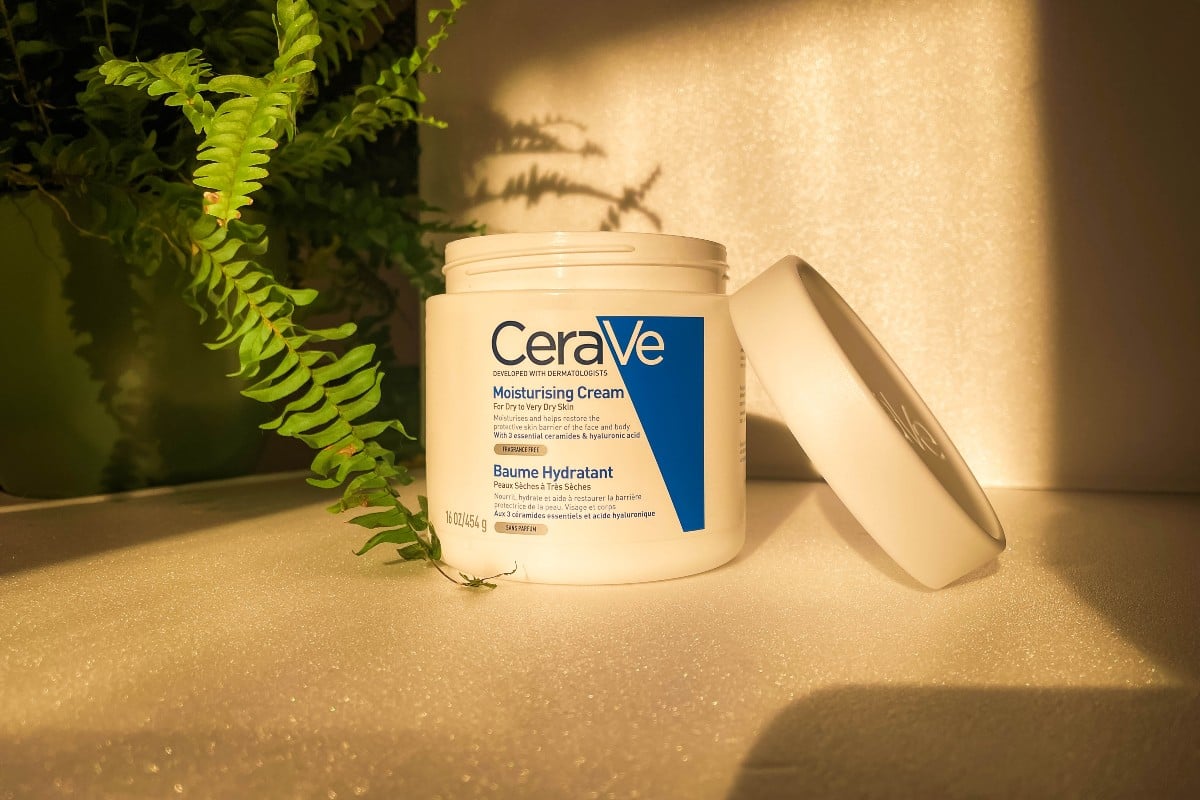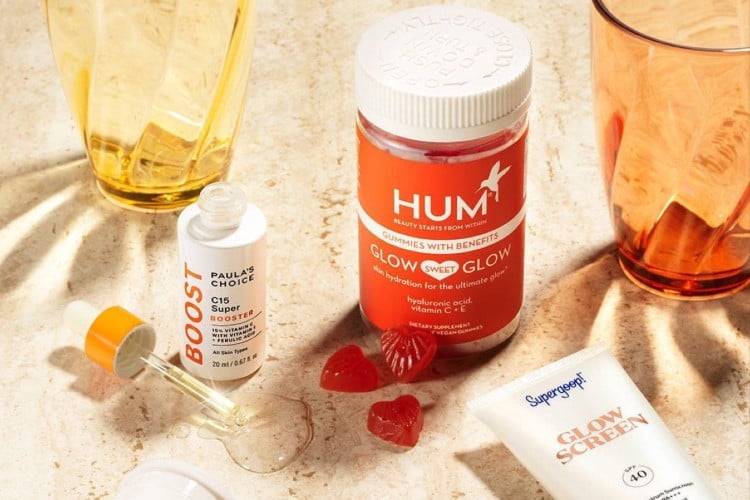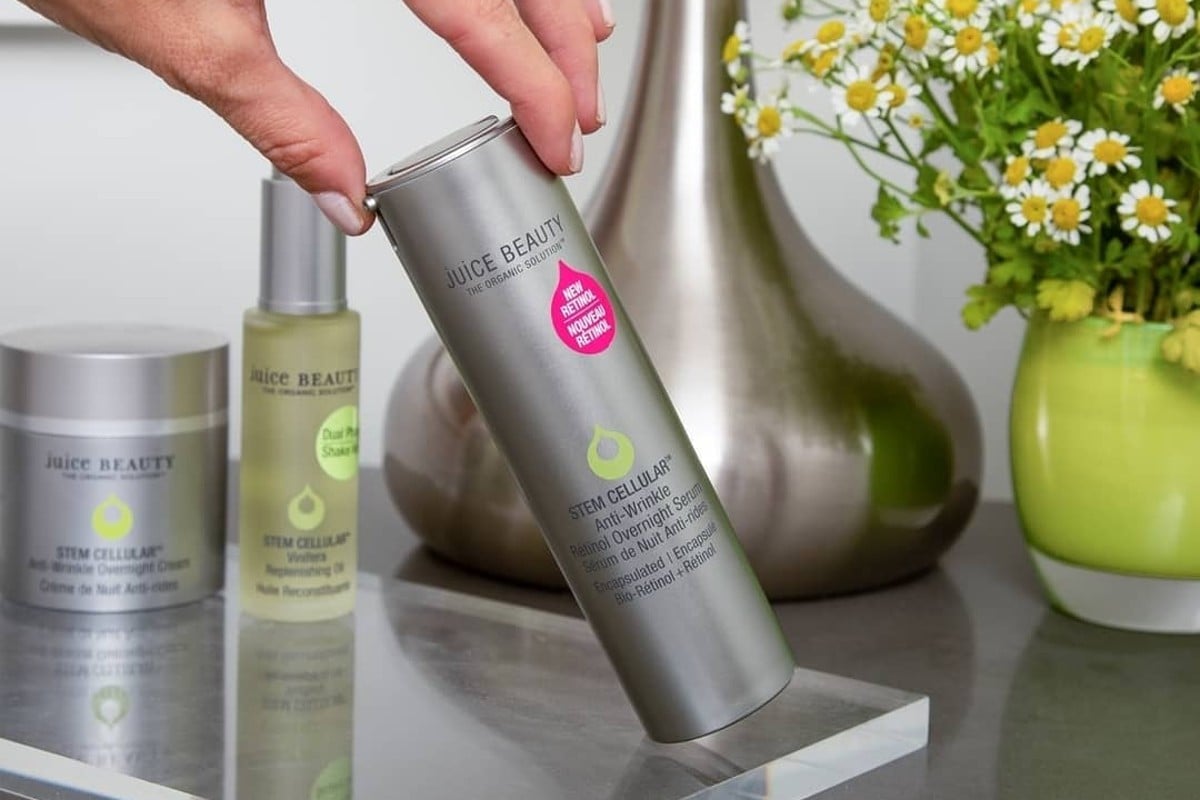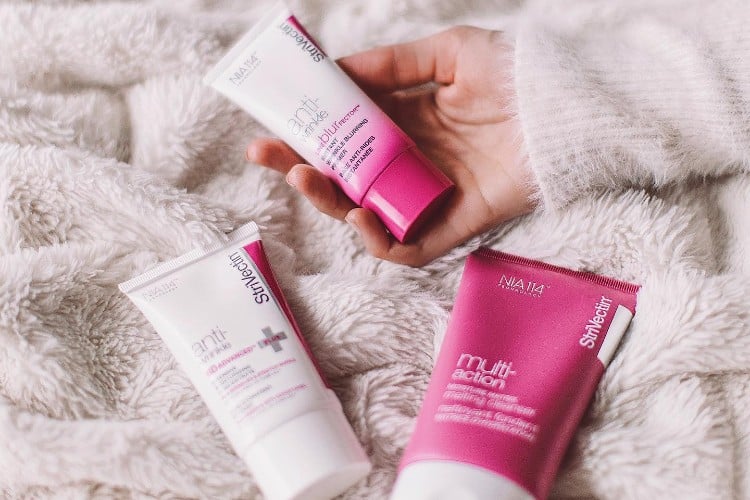Although there isn’t much you can do to reverse your skin age, you surely can delay the appearance of wrinkles. Since premature aging is mostly caused by external factors, controlling and mitigating their impact on the skin should be your prime concern to offset early wrinkles. And everything starts with adjusting your lifestyle habits and skincare routine and getting treatments like NAD treatment, which can have all-around anti-aging effects. OK, that’s enough talking. Let’s get to the point and see what causes early wrinkles and everything that needs to be done to put a stop to premature skin aging.
What causes premature wrinkles?
If you have a genetic condition like progeria or Werner syndrome, that could lead to aging signs as early as in your childhood. But other than these rare conditions, genetics don’t have much to do with premature wrinkles. On the other hand, early fine lines and wrinkles are entirely caused by external factors that speed up the skin aging process:
- Smoking and alcohol: Cigarettes contain toxins that accelerate cell aging and pigmentation, while alcohol dehydrates the body and impairs the skin’s barrier.[1]
- Sun exposure and environmental pollutants: Overexposure to UV and pollutants increases the number of free radicals in the body, which are molecules that can damage the DNA, deplete collagen, and lead to photoaging. It’s well known that sun damage is responsible for 80% of facial wrinkles.[2]
- Poor diet: A deficiency of vitamins and minerals or having a high intake of refined carbs and sugar can also accelerate skin aging.[1]
- Stress and lack of sleep: Stress is bad for your skin because it affects proteins and triggers cell inflammations. Also, poor sleep means your skin doesn’t have enough time to recover, leaving it vulnerable to external damage.
Other early aging signs
Aside from early wrinkles, you might notice other aging signs if your skin is prematurely aged. These include:
- Sunspots: Prolonged sun exposure leads to dark spots forming on your hands, forearms, and face due to the excess of melanin.
- Itchy and dry skin: As the moisture barrier weakens with age and sebum production decreases, the skin loses more water and becomes dehydrated, leading to itchiness and cracked skin.
How to deal with early wrinkles
Crafting an anti-aging routine takes time and effort. It’s not only about using the right products but adjusting your entire approach to skincare.
Give up on smoking
First things first, quit smoking. Tobacco contains toxins that destroy elastin and collagen. It also accelerates cell aging, meaning the time until you see those wrinkles on your face is shorter.[1]
Stick to a healthy nutrition plan
I know you’ve heard this a million times, but skin aging is heavily influenced by what you eat. Diet can exacerbate, or slow down, aging, and you must stick to a healthy nutrition plan to avoid premature wrinkles. In addition to drinking 2l of water per day (it’s required to maintain skin hydrated), it’s essential to become more selective about what you let enter your body.
Start by cutting sugar and highly processed and fried foods from your diet, and load your plate with fruits and veggies rich in vitamins A, B5, C, and E, omega-3 fatty acids, zinc, and selenium, instead. These nutrients are the foundation of healthy aging because they help build collagen — protein needed to maintain skin elasticity — strengthen the skin’s antioxidant defense so that it can fight external aggressors, and stimulate barrier repair.[1] Here’s a list of the best foods for skin.
Take care of your body’s NAD levels
NAD (nicotinamide adenine dinucleotide) is an essential coenzyme responsible for hundreds of chemical reactions and metabolism processes in the body. It’s also one of the key players in skin aging because it increases cells’ energy levels so they can function normally and supports DNA repair.[3] As you get older and due to environmental factors and stress, NAD levels slowly start to decline, resulting in more prominent aging signs. Replenishing NAD has been proven several times already to reduce the chances of developing early wrinkles.
You can increase your body’s NAD levels with vitamin B3 supplements (NAD is synthesized from vitamin B3), by using topical products with niacinamide, like these serums and creams, or with NAD+ IV treatments.
Use sunscreen whenever going outside
Sun damage accounts for 80% of facial wrinkles and is also the main culprit that causes dark spots, so having your skin defended all the time is crucial to avoid premature aging signs.[2] We recommend these SPF 50 sunscreens, or even better, these vitamin C sunscreens, which also act to neutralize free radicals in addition to blocking UV.
If you live in a tropical area where the weather is mostly hot and sunny, don’t forget to wear broad-brimmed hats and protective clothing whenever heading outside. Also, apply sunscreen several times daily if you plan on spending hours under direct sunlight.
Follow an anti-aging skincare routine
Your skincare routine should focus on protecting your complexion from external foes during the day, while at night, replenishing collagen levels, supporting repair, and encouraging cell renewal should be your priority.
- Use a vitamin C serum in the morning to consolidate your skin’s antioxidant defense and reduce environmental damage.
- Apply a retinol serum at night to encourage cell turnover and collagen production.
- Use a lightweight moisturizer to boost hydration during the day, and at night, preferably a reparative cream that aids in restoring the skin barrier, like these ceramide creams or niacinamide moisturizers.
- Exfoliate your skin regularly with a glycolic acid peel to get rid of older cells and promote the growth of new ones. Exfoliation comes with endless anti-aging benefits, including thickening the skin, increasing collagen, and brightening dark spots, so it should never miss from your skincare routine.
- Use gentle cleansers and avoid harsh ingredients such as fragrances and alcohol.
- Look out for peptides because they are the building blocks of collagen.
Remove makeup before bedtime
Never forget to remove your makeup before bedtime. Your skin cells use sleep time to revitalize, and makeup can interfere with the regeneration process. It’s also important to aim for at least seven hours of sleep each night, preferably during the same hours. This helps ensure your skin and body have enough time to regenerate cells.
Final thoughts
Fine lines and wrinkles shouldn’t be something to stress out about; after all, they are all a part of the natural body’s aging process. But the problem is when these aging signs make their apparition earlier than you anticipated (or expected). With everything in skincare, prevention is better than treatment, so it’s best to take action as early as possible to offset premature skin aging. From using sunscreen to having a balanced diet and a diligent routine, everything plays a major role in how your skin ages.
Sources
Women’s Concepts uses reliable sources, including dermatologists’ insights, clinical trials, and scientific journals, to find accurate information and support all the facts shared in our articles. All statements and claims have clear and legit references. Read our editorial policy to learn more about our sources of information, our process of researching and fact-checking the content, and how our team strives to keep all articles updated, completed, and trustworthy.
- Cao C, Xiao Z, Wu Y, Ge C. Diet and Skin Aging-From the Perspective of Food Nutrition. Nutrients. 2020 Mar 24;12(3):870. doi: 10.3390/nu12030870. PMID: 32213934; PMCID: PMC7146365.
- Flament F, Bazin R, Laquieze S, Rubert V, Simonpietri E, Piot B. Effect of the sun on visible clinical signs of aging in Caucasian skin. Clin Cosmet Investig Dermatol. 2013 Sep 27.
- Radenkovic D, Reason, Verdin E. Clinical Evidence for Targeting NAD Therapeutically. Pharmaceuticals (Basel). 2020 Sep 15;13(9):247. doi: 10.3390/ph13090247. PMID: 32942582; PMCID: PMC7558103.






